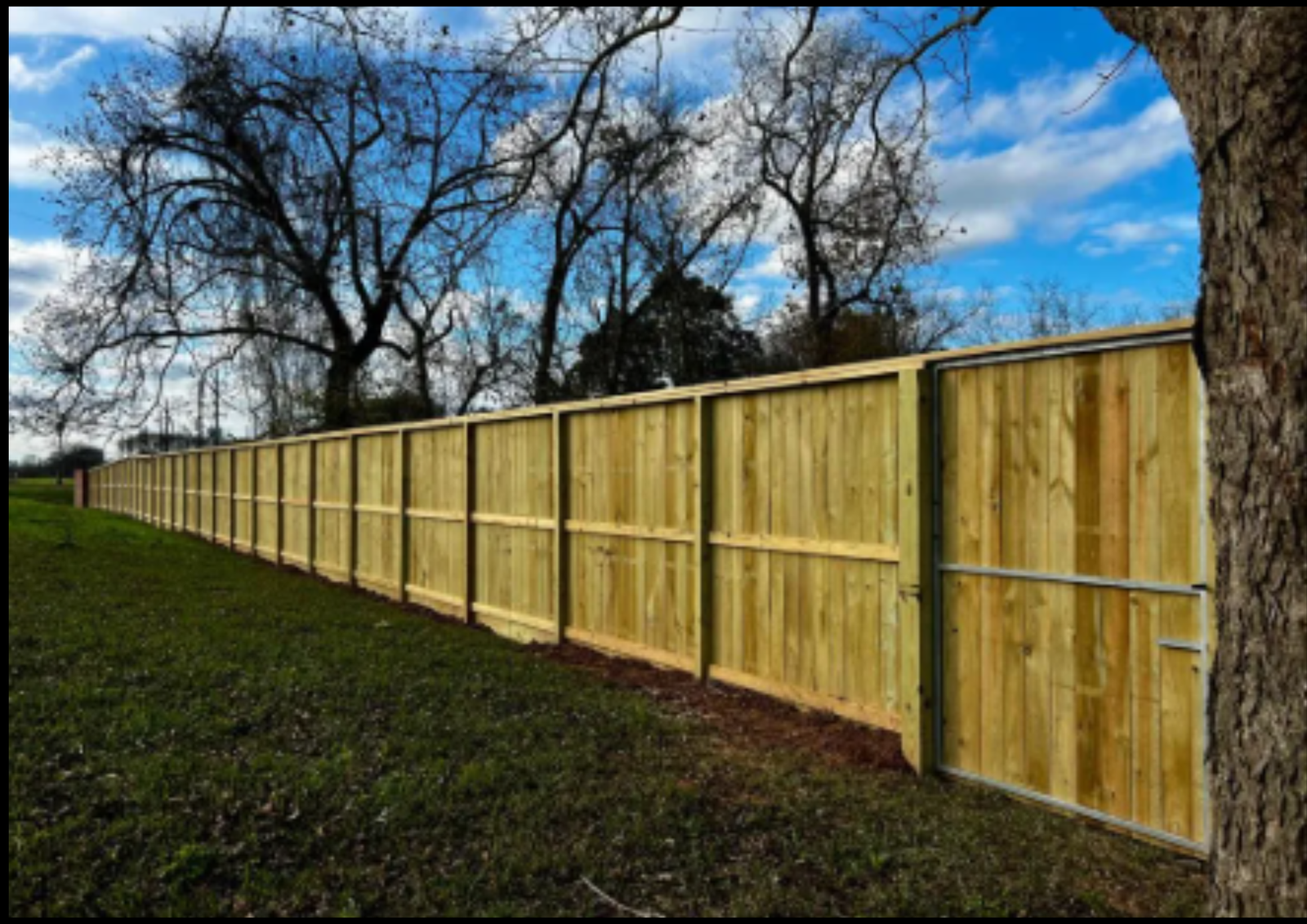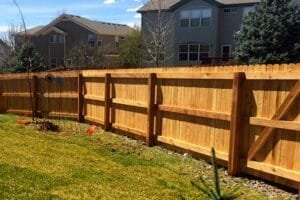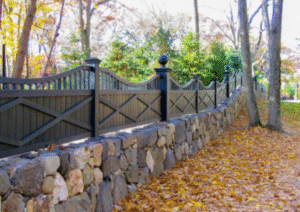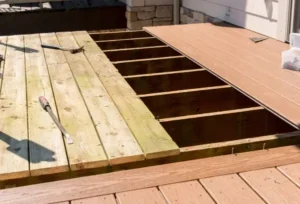Ready to add some charm to your outdoor space? Installing a fence can provide both security and aesthetic appeal. But before you grab your tools or call the best fencing services in Buffalo NY, there’s an important question to tackle: do you need a permit for that?
Navigating the rules surrounding fence installation might seem daunting, but understanding local regulations is crucial. A little knowledge now can save you time and headaches later on. Whether you’re considering a modern chain link design or planning a classic wooden barrier, knowing about permits will help ensure your project goes smoothly.
Let’s dive into what it takes to legally put up that perfect fence!
Understanding the Importance of Permits
When it comes to fence installation, understanding the importance of permits is key. Permits serve as a safeguard for homeowners and communities alike. They ensure that your project meets local building codes and safety standards.
Obtaining a permit can also prevent future legal issues. If you skip this step, you might face fines or even be forced to remove your newly erected fence. That’s not just inconvenient; it’s expensive too.
Moreover, permits help maintain neighborhood aesthetics. Local regulations often dictate height, materials, and design to promote uniformity in residential areas. This keeps your home looking great while respecting community guidelines.
Having a permit adds value to your property by showcasing compliance with local laws. It signals potential buyers that everything was done right from the start—an appealing factor if you ever decide to sell!
What is a Fence Permit?
A fence permit is an official approval required by local authorities before you can build a fence on your property. It ensures that your planned installation complies with zoning laws and community standards.
This document serves as a safeguard. It helps maintain the aesthetic appeal of neighborhoods and protects public safety. Without it, homeowners may face fines or be required to tear down their newly constructed fences.
The specifics of what constitutes a “fence” can vary. Some jurisdictions classify structures like garden trellises differently than privacy walls or chain link fences. Therefore, it’s essential to understand what falls under this permit requirement in Buffalo NY.
Obtaining a fence permit often involves submitting plans for review, which outline dimensions, materials used, and location relative to property lines. This process helps prevent disputes with neighbors while ensuring compliance with local building codes.
Process of Obtaining a Fence Permit
Obtaining a fence permit in Buffalo, NY, involves several key steps.
First, you need to check local regulations and guidelines. Each neighborhood may have specific requirements based on zoning laws.
Next, gather all necessary documents. This often includes property surveys that outline your boundaries and any design plans for the fence you intend to install.
After preparing your paperwork, visit the city or town’s building department—many offer online submission options for convenience. Fill out the application form thoroughly. Pay attention to details; missing information can delay approval.
Once submitted, your application will undergo review by local officials who ensure compliance with existing codes. You might also need to wait for responses from neighbors if required by local ordinances.
If everything checks out, you’ll receive your permit and can proceed with installation! Keep it handy during construction as inspectors may want to see it before completion.
Factors That Affect the Need for a Permit
When considering fence installation in Buffalo NY, several factors can determine whether a permit is necessary.
The type of material you choose plays a significant role. For instance, wood or vinyl fences might have different regulations compared to chain link options.
Height restrictions are another important aspect. Many local ordinances specify maximum heights for residential fences. Exceeding these limits may trigger the need for a permit.
Property lines also come into play. Installing a fence too close to your neighbor’s boundary could require approval from local authorities, especially if you’re unsure about the exact placement.
Zoning laws vary by neighborhood and can impact your project as well. These laws dictate how properties should be used and what types of structures can exist within specific areas.
Any planned alterations in historical districts often demand additional scrutiny and permits due to preservation efforts.
Common Regulations for Fence Installation in Buffalo NY
When planning your fence installation in Buffalo, NY, it’s crucial to know the local regulations. Each municipality may have varying rules regarding height, materials, and design features.
Typically, residential fences cannot exceed a certain height—often around six feet in backyards and four feet in front yards. Some areas might also impose restrictions on specific styles or materials.
If you’re considering chain link fencing for its durability and low maintenance, make sure it aligns with city codes. Certain neighborhoods may have aesthetic guidelines that limit options like barbed wire or electric fences.
Setback requirements are another factor to consider. Fences usually need to be placed a few inches away from property lines to prevent disputes with neighbors.
Always check with local authorities before beginning any fence service project; this ensures compliance and helps avoid costly delays down the line.
Call Quality Fencing now to discuss your fence installation needs in Buffalo!
Consequences of Not Obtaining a Permit
Neglecting to obtain a permit for fence installation can lead to several unexpected challenges. You might face fines or penalties from local authorities, which can quickly escalate in cost.
In some instances, neighbors may lodge complaints about your unpermitted fence. This could result in mandated removal or alterations at your expense.
Additionally, an unapproved structure may affect property value and future real estate transactions. Potential buyers often do their due diligence, and any discrepancies regarding permits can be a red flag.
Insurance companies might also refuse to cover damages associated with an unpermitted fence. Without proper documentation, you could find yourself financially exposed if issues arise.
The lack of compliance with local regulations reflects poorly on homeowners’ responsibility—an aspect that truly matters when considering long-term neighborhood relationships.
Conclusion
When it comes to fence installation in Buffalo NY, understanding the nuances of permits is essential. A fence can enhance your property’s appeal and security, but skipping the permit process could lead to complications down the line.
Before you begin your project, take the time to research what type of permit you might need. The requirements can vary depending on factors like height, location, and materials used. Gathering this information early will save you from future headaches.
Working with a reliable fence installation company can ease this process significantly. They’ll be familiar with local regulations and help ensure that everything complies with city standards. Whether you’re considering chain link fences or wooden designs, professional guidance is invaluable.
Contact Quality Fencing to check permit requirements and get expert guidance.




